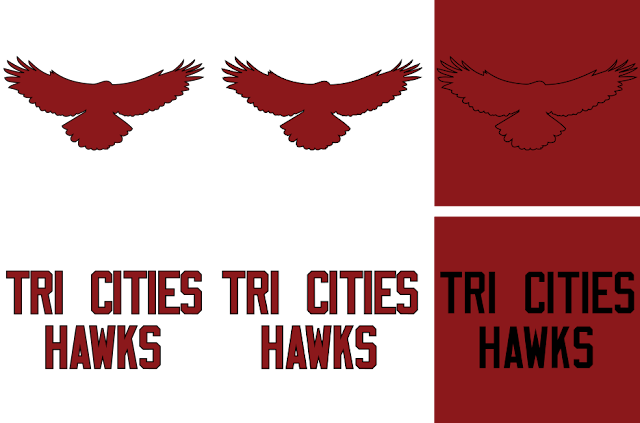The Wide World of American Football - 1951-52 Edition
MWFC TO EXPAND IN ‘52
After being reduced from 13 teams down to 7 after the AFL split off from the Championship, what was once the premier league for football in America was scrambling to reclaim something to stay afloat. Once the expansion cities from the AFL fell through once they accepted Buffalo and Pittsburgh, Commissioner Virgil Bradshaw pounced on the opportunity to expand the market of the MWFC to what it once was. He announced shortly after the AFL expansion that the MWFC would expand to 9 teams in 1952, with new teams propping up in Louisville and Kansas City, the two cities mentioned in the original AFL expansion proposal that were within the Championship’s range. The league had been to Louisville before, as the Louisville Colts had existed from 1929-1942, who had folded due to losing nearly half its team to the army during World War II, and this new team, led by businessman Gilbert Feldman, would effectively be a revival of the old team. Kansas City was never a part of the MWFC, and Bradshaw sent his right hand man Harold Burns instead of the proposed owner from the AFL to set up the new team. The Kansas City Cowboys, as they would be named, would be the furthest professional football has gone since the AA, and if these cities succeed, the Championship could rival the AFL in a few years time.
NYPL IN SHAMBLES
The already unstable NYPL is now on even more shaky ground after losing 2 of its most stable teams that weren’t from the New York metro area. After the league made another deficit in profits, the league has decided that it will contract to at least 6 teams from 8 within the next 3 years, and might shrink more if needed. The two Philadelphia teams will merge into a single team, with the Philadelphia Federals merging into the Philadelphia Americans and the former will cease to exist. The two teams only have a combined two championship appearances, with the Federals winning a fluke in 1938 and the Americans more recently fluking their way into the championship in 1946. Philadelphia has long struggled to become a football market, with the two Philadelphia baseball teams vastly outperforming them during their time in the NYPL. The Long Island Islanders were also given the boot, as they have had the worst performance and attendance out of all the NYC teams, failing to bring in crowds from Long Island and from the New York area. No year has been set in stone as of yet, but it’s looking more and more like this will happen before the 1953 season, as the league is bleeding money and might demand compensation from the AFL for putting it in this scenario. The NYPL is looking like it's on its last legs, and it’s anyone’s guess as to when the league will go under or if the league will come back stronger and compete with the AFL and MWFC.
BOSTON DENIED INTO AFL
While it was believed for a time that only Buffalo and Pittsburgh wanted into the AFL from another league, a report from The Boston Globe stated that both Boston teams from the NEFL, the Boston Bards and the Boston Rebels, were also looking to join once word got out that the AFL was looking to expand. However, Boston Bards owner Leslie Watson revealed that both he and fellow Boston Rebels owner Frank Goldstein applied to the AFL, but were turned away in favor of the two NYPL teams. The AFL was open to having either Boston team join at some point in the future, but Hasenkamp made it clear that the league would only accept one team from Boston, not both. Rumor had it that Hasenkamp didn’t want two teams from the same city to discourage the MWFC Chicago team from ever potentially joining, needing to set a precedent so that the AFL would have a reason to deny them. While the AFL and Watson wanted to keep negotiations between the two Boston teams open, as Watson was the de facto commissioner of the NEFL, Goldstein was furious. Goldstein had thought that the prestige of the Boston teams was enough for both of them to join the AFL. He became adamant about having the Rebels join the Bards if the AFL does eventually accept the latter, but for now talks have centered around what to do with the remnants of the NEFL if their premier teams do end up leaving. Goldstein’s attitude towards having both Boston teams join has stalled negotiations for now, and it’s only a matter of time before some decision is made regarding the NEFL.

Comments
Post a Comment